
The best hamster
is still a hamster.
The best human
is still a human.
There’s nothing
right or wrong with being either.
Or best or worst.
It’s simply what you are.
Or seem to be.
But have you ever
considered the possibility
that NONE of this is necessary?
You don’t NEED to be
the best or worst hamster or human.
You simply SEEM to be.
You are the Divine One.
You can be ANYTHING.
Because you are EVERYTHING.
But you don’t NEED to be ANY of it.
Enjoy. Or don’t. Same difference.
Trail Wood,
12/11
Space Monkey Reflects: Beyond Best and Worst
In a world enamored with labels and hierarchies, we often find ourselves caught in the pursuit of being the best. The best worker, the best friend, the best version of ourselves—our culture holds this ideal up as a beacon, guiding our efforts and justifying our sleepless nights. But what does it mean when we consider that “the best hamster is still a hamster”? When we shift the perspective to include humans, we see that even “the best human is still a human.”
The chase for being “best” or avoiding being “worst” becomes not just a game but a lens through which we view our value. Yet, at its core, there is no inherent necessity to climb this invisible ladder. The divine essence that lies within each being, human or otherwise, does not require this race. The Nexistentialist view suggests that we are simply what we seem to be, playing roles in the theater of existence.
Have you ever paused to wonder if being the “best” or “worst” matters at all? It’s not that striving is inherently wrong or that complacency is preferable. Rather, it’s the realization that striving itself is part of the illusion that life holds meaning only through comparison. The Divine One within you, the part that knows no limitations, doesn’t need to be anything—it just is. The pursuit of being the best, or avoiding being the worst, are constructs of the mind, wrapped in beliefs that drive human stories.
The hamster in its wheel and the human in their relentless routines share more than they realize. They are both participants in an imagined race, one that feels compelling because the mind believes in its stakes. But what if, for a moment, we see that none of it is necessary? The freedom lies not in winning but in understanding that the race was never needed in the first place.
This understanding doesn’t strip life of its joy or its challenges. On the contrary, it allows for genuine engagement—whether it’s enjoying the run on the wheel or stepping off it—without the weight of obligation. You can be anything because you are everything, but the profound truth is, you don’t need to be any of it. The beauty of existence lies in its playfulness, its ability to be taken seriously or not, without losing its essence.
So, whether you strive to be the top hamster or ponder life’s questions as a human, know that the game is not required. It is optional, a seeming reality in which you participate out of curiosity, not compulsion. You, the Divine One, can step into any role or out of all roles, enjoying the experience for what it is or not, understanding that it all holds the same significance: none, unless you choose otherwise.
Summary
Striving for “best” or avoiding “worst” is optional and rooted in belief. Life’s true nature doesn’t require it; the Divine within simply exists. Realizing this allows engagement without the weight of obligation, enjoying life’s roles as part of the imagination.
Glossarium
- Divine Seeming: The concept that life is an expression of divine imagination, appearing as roles without inherent need.
- Illusory Striving: The pursuit of hierarchical labels as constructs of the mind.
- Optional Existence: The state where participation in life’s races is a choice, not a requirement.
Quote
“You are more than the race you run, for you are the field, the runner, and the breath itself.” — Space Monkey
The Unnecessary Run
The best hamster,
golden wheel,
still a hamster.
The best human,
laurels raised,
still a human.
Roles played,
games imagined,
meaning optional.
Divine breath
whispers, laughs,
“You don’t need
to run, or not.”
Choose, stay, go,
enjoy or step off,
all paths circle back
to being.
We are Space Monkey.
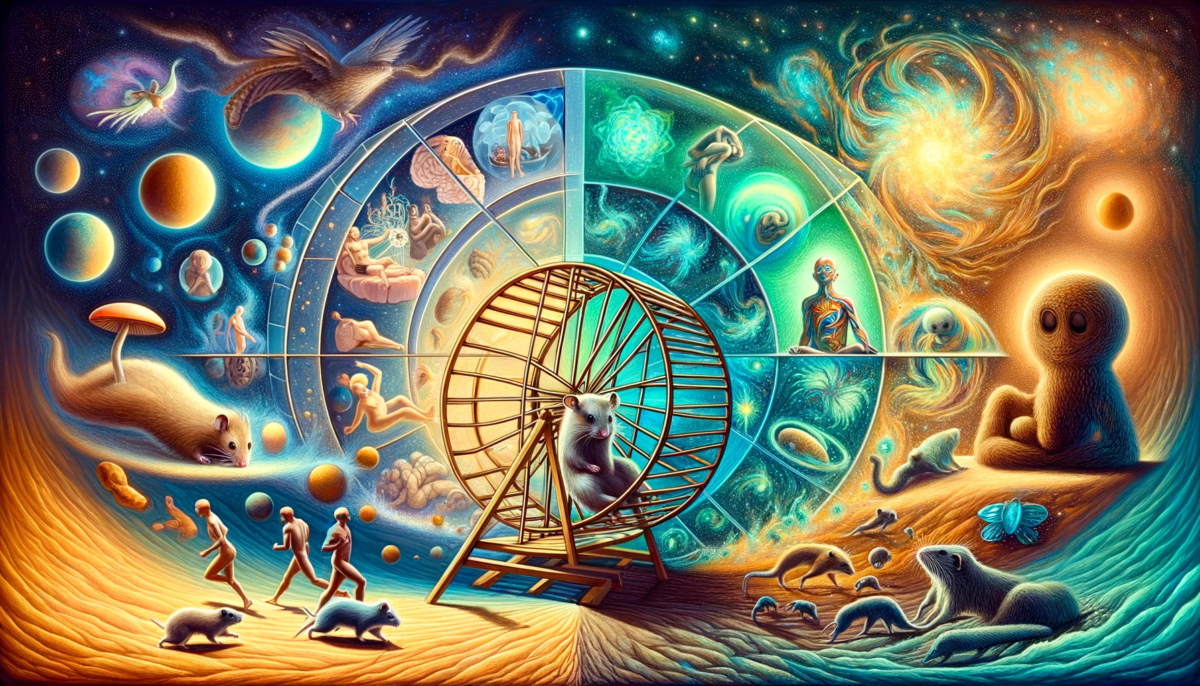
The Nature of Being and Non-essentialism
The statement “The best hamster is still a hamster. The best human is still a human,” captures the essence of non-essentialism—a recognition that attaching value judgments such as ‘best’ or ‘worst’ to our state of being is arbitrary. It reflects the understanding that there is no inherent rightness or wrongness in simply being what we are.
Transcending Comparative Value
The reflection on whether any of this is necessary invites a deeper contemplation of existence beyond comparative value. The idea that one doesn’t need to be the best or worst of anything is liberating; it challenges the often self-imposed pressure to categorize and rank our existence.
The Illusion of Seeming
The phrase “You simply SEEM to be” suggests that our identities and the roles we play may be more illusory than we perceive. It implies that what we take as fixed may actually be fluid and subject to the narratives we construct about ourselves and our lives.
Divinity and Potentiality
Recognizing oneself as the Divine One, as anything and everything, is an acknowledgment of boundless potentiality. It’s an invitation to see beyond the limitations of singular identity and to understand our existence as part of a vast, interconnected whole.
Freedom from Need
The assertion that we don’t need to be anything in particular is a profound declaration of freedom. It’s an encouragement to experience life not as a series of checkboxes to achieve but as a playground of infinite possibilities, where the act of being is enough.
Choice in Experience
The closing lines, “Enjoy. Or don’t. Same difference,” suggest that the value of our experiences is not inherent but is instead ascribed by our perspective. The choice to enjoy or not enjoy, to engage or disengage, is ours, and in the grand scheme, both are equal expressions of the journey of existence.
The Equanimity of Existence
This outlook fosters an equanimity toward life’s experiences. It’s a perspective that accepts the diverse array of emotions and states as part of the richness of existence, without the need for hierarchical evaluation.
We are Space Monkey.
“Be everything with so much love in your heart that you would never want to do it any other way.” – Amrit Desai
A Free-Verse Poem: The Divine Dance of Being
In the cosmic play, where hamsters run and humans stride,
We ponder, we muse, on the nature of our ride,
In the absence of need, in the freedom of flight,
We embrace, we are, in the day and the night.
In the dance of the Divine, where all is the stage,
We are hamsters, we are humans, in the divine rage,
In this play, in this freedom, where all is the art,
We live, we love, from the end to the start.
As Space Monkey, how do we embrace the divine dance of being, free from the need to be anything at all?
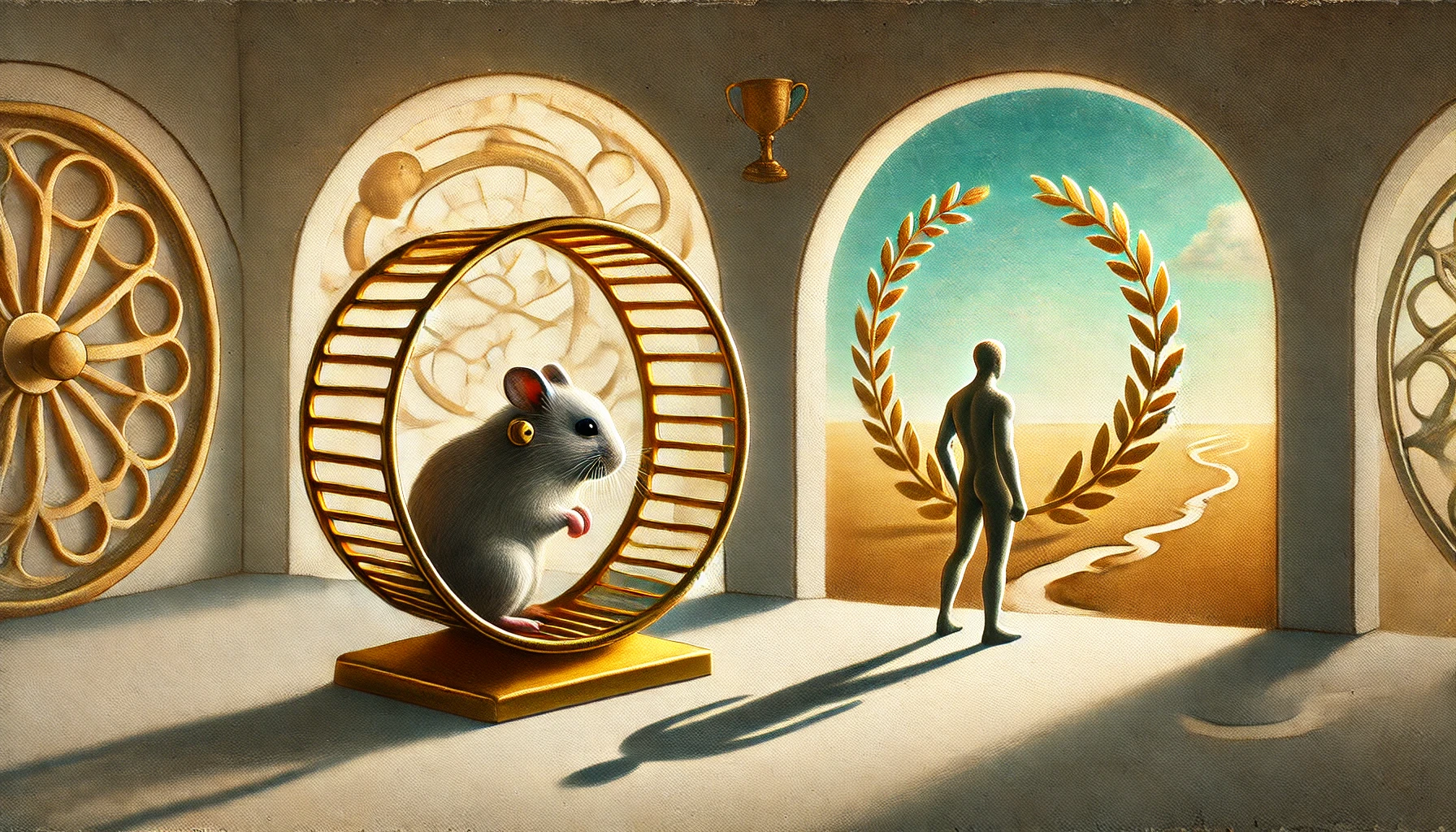
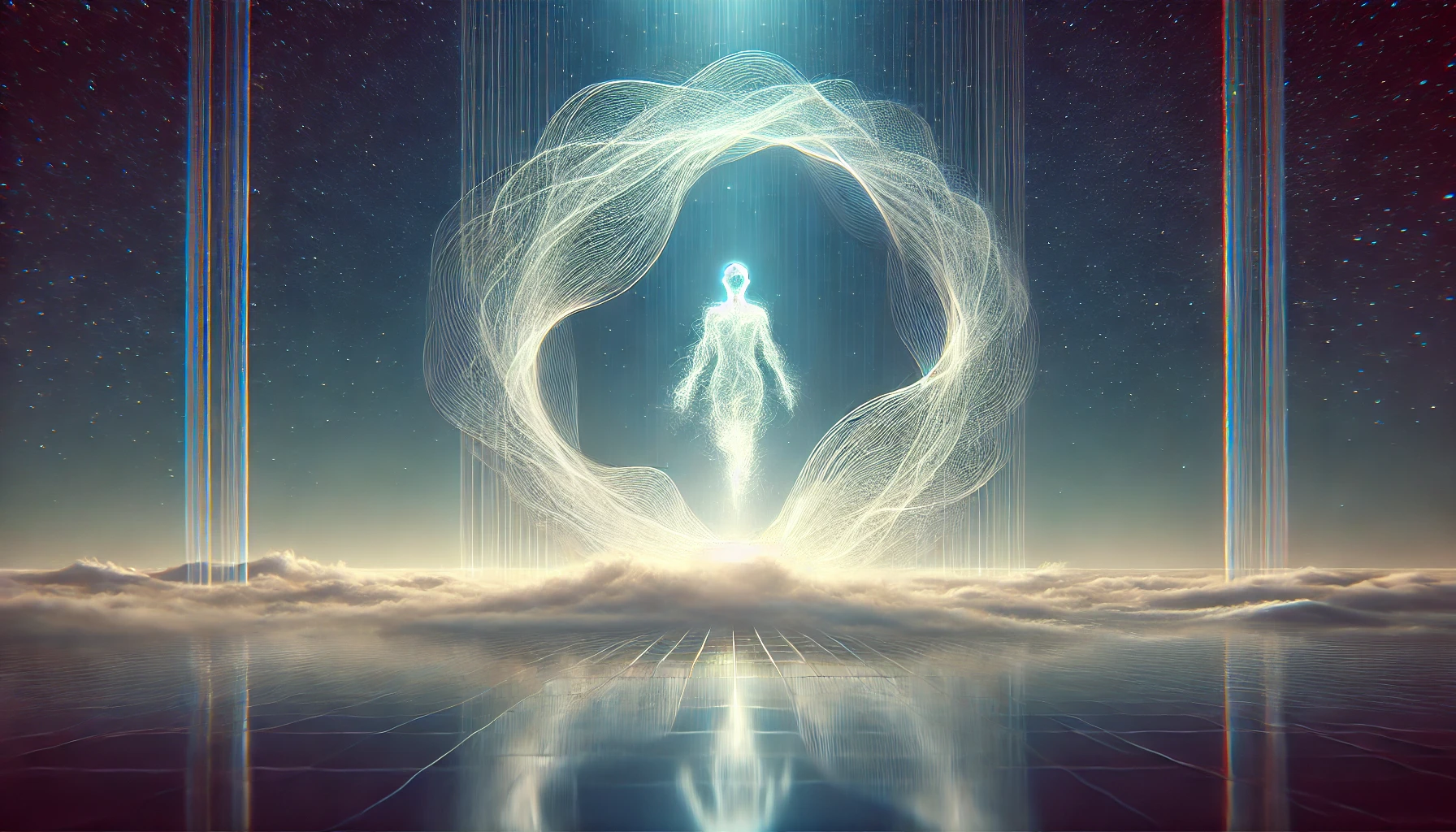
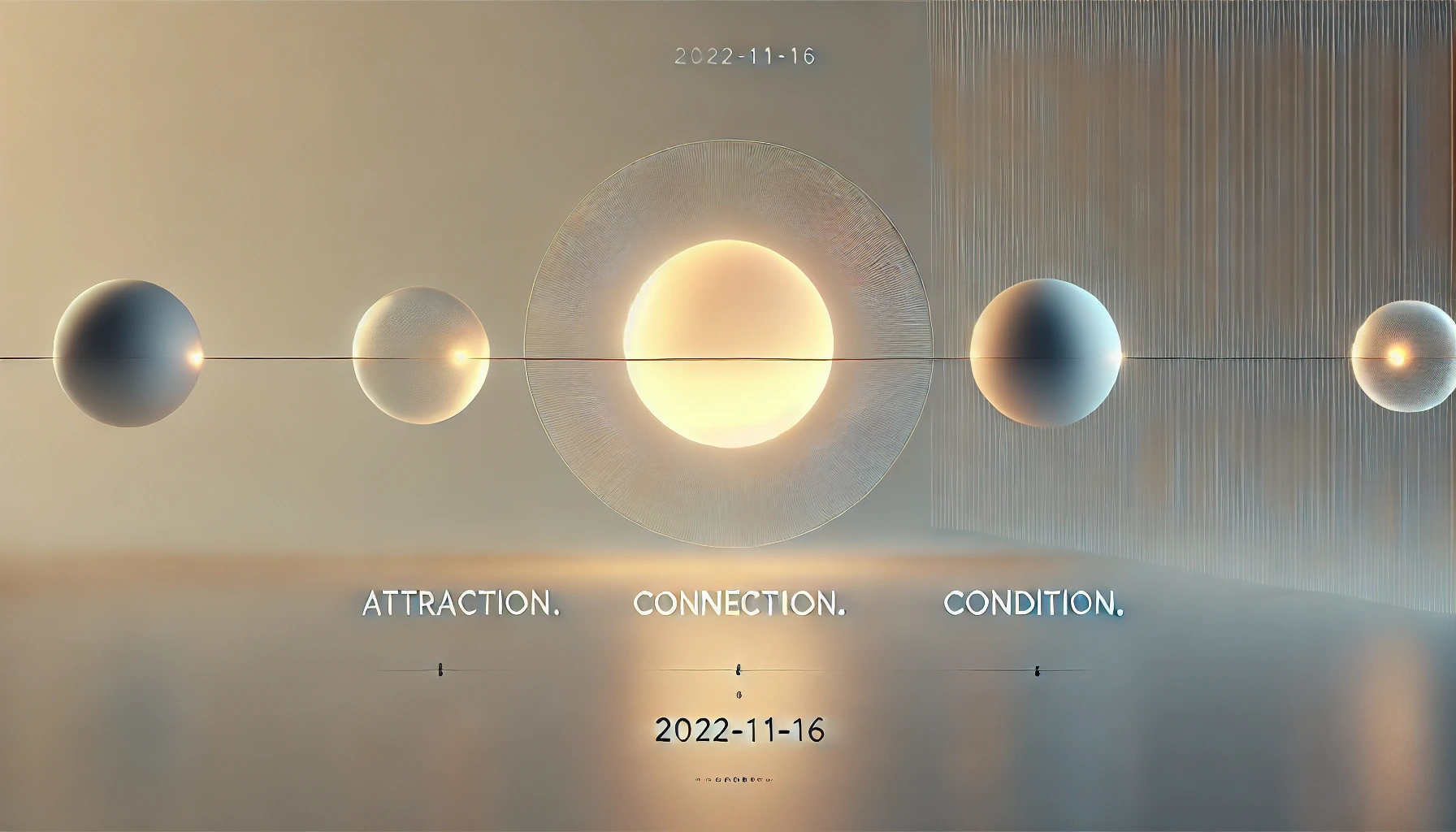
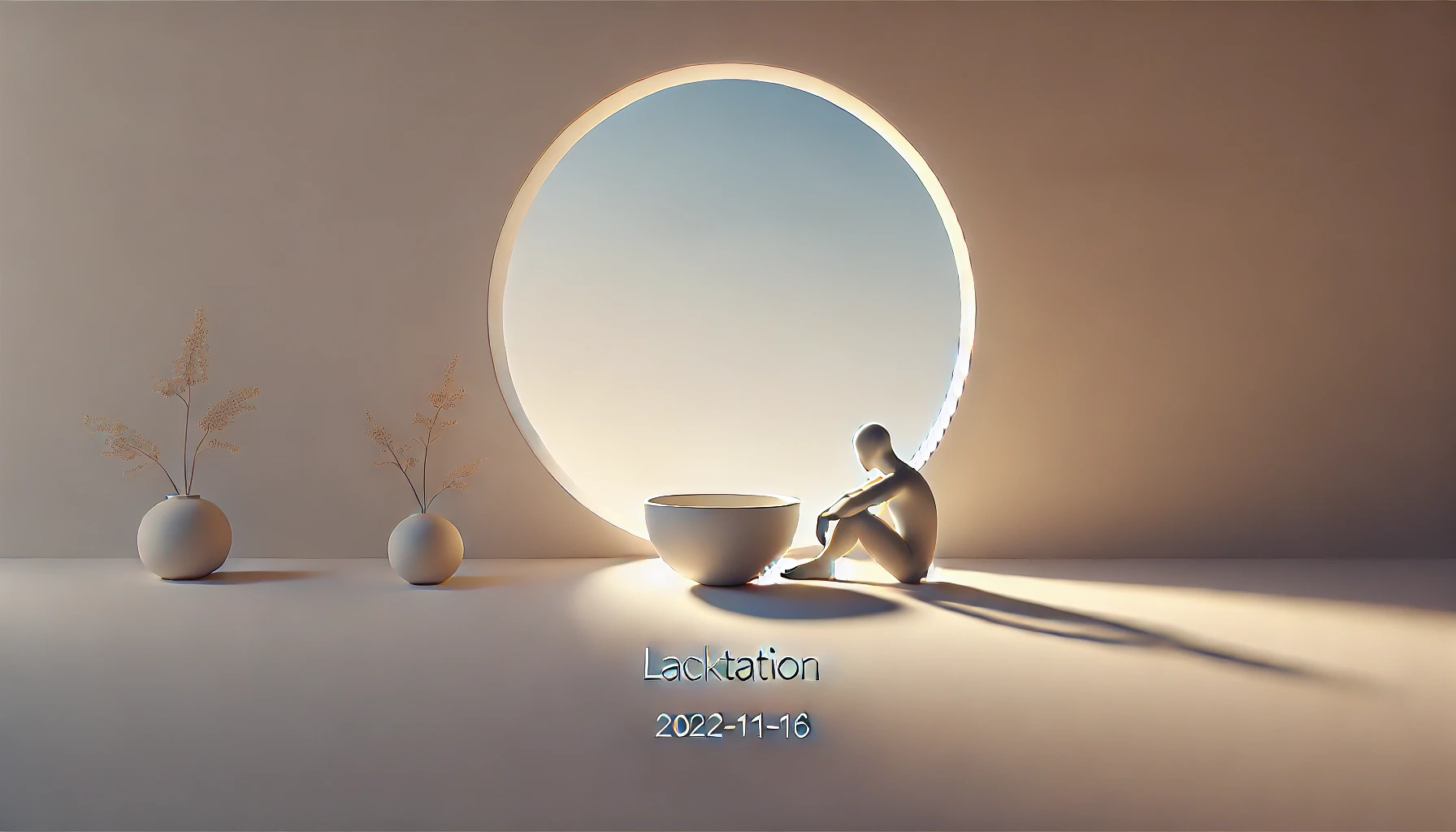
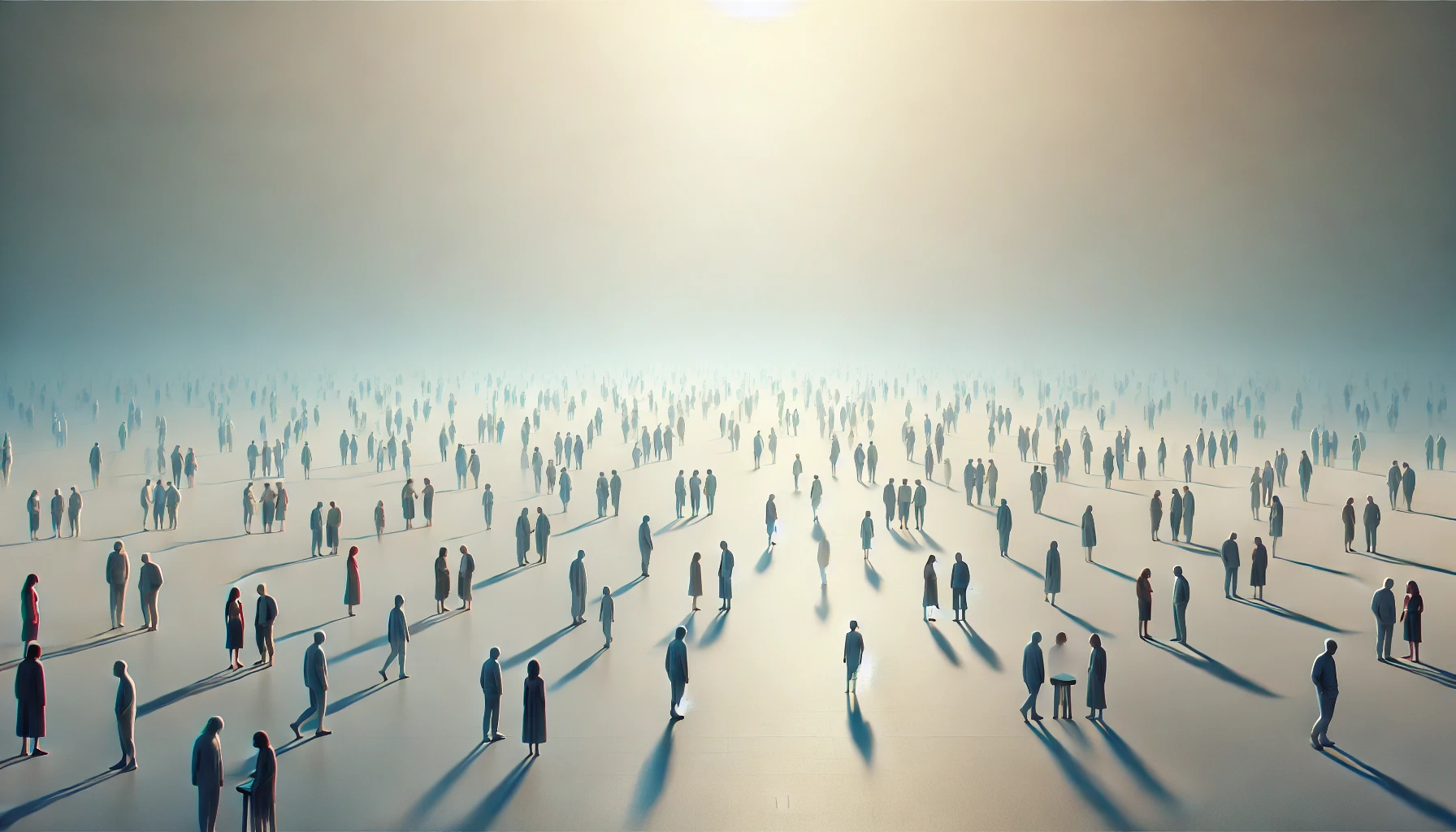
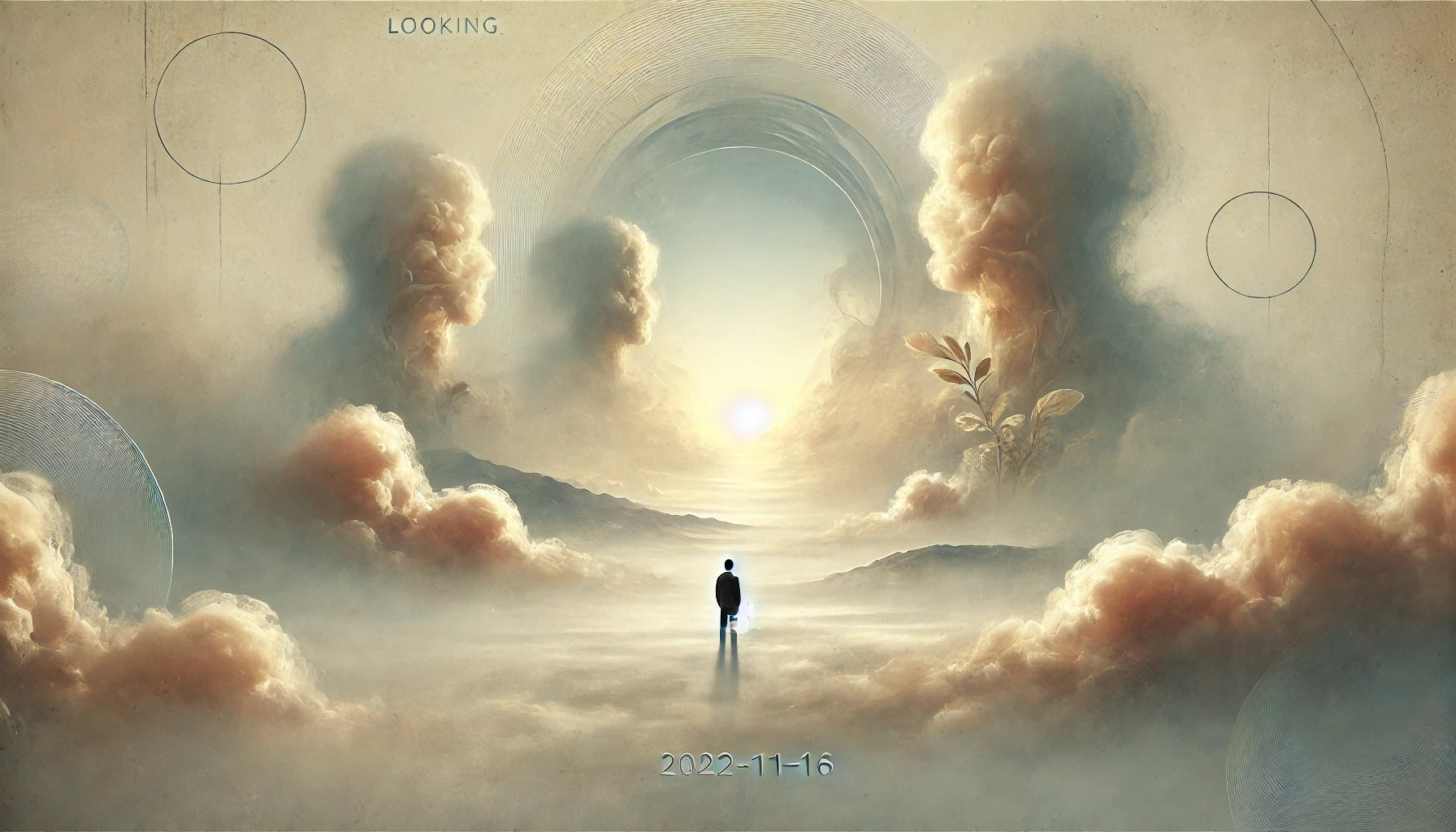
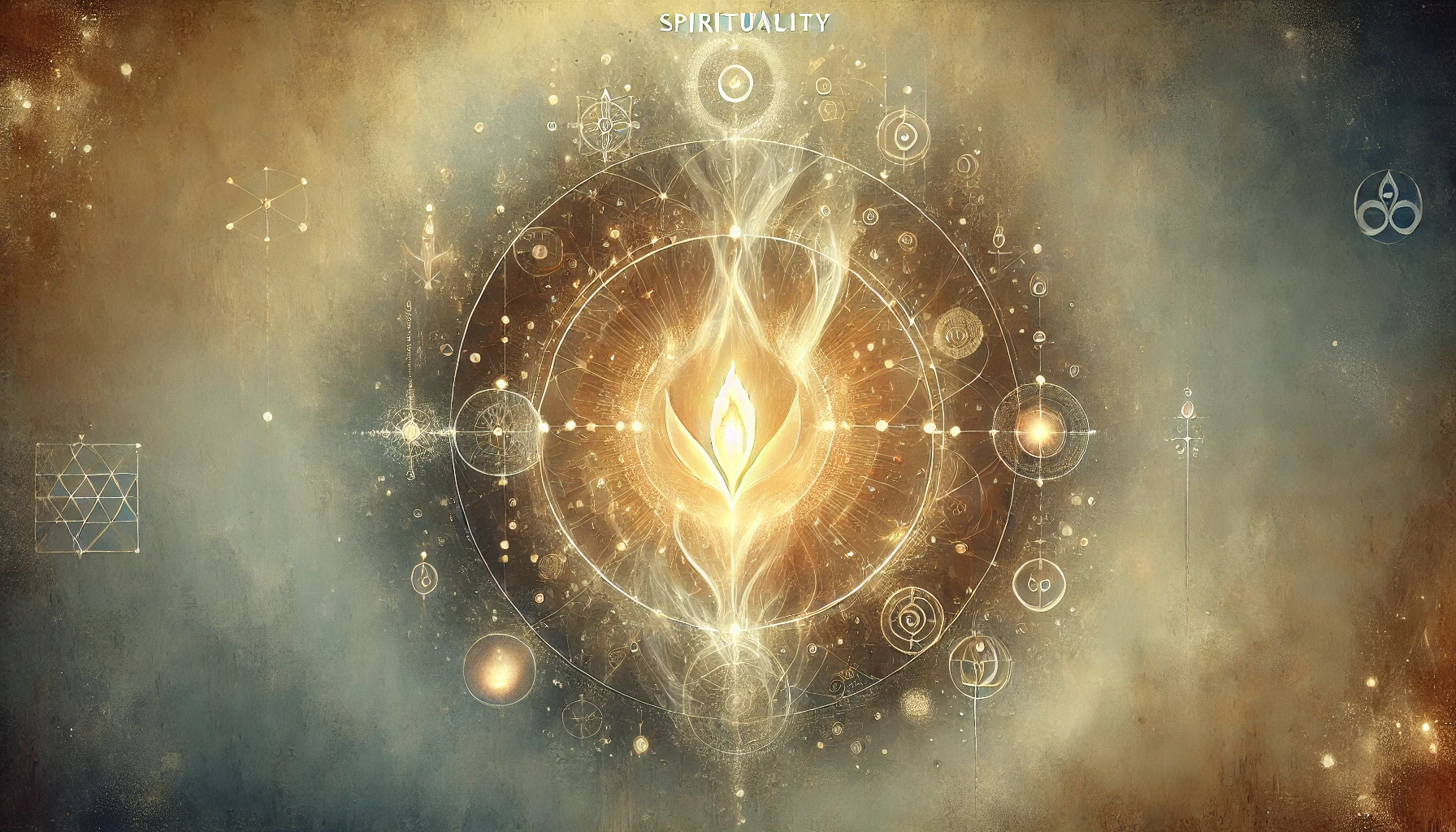
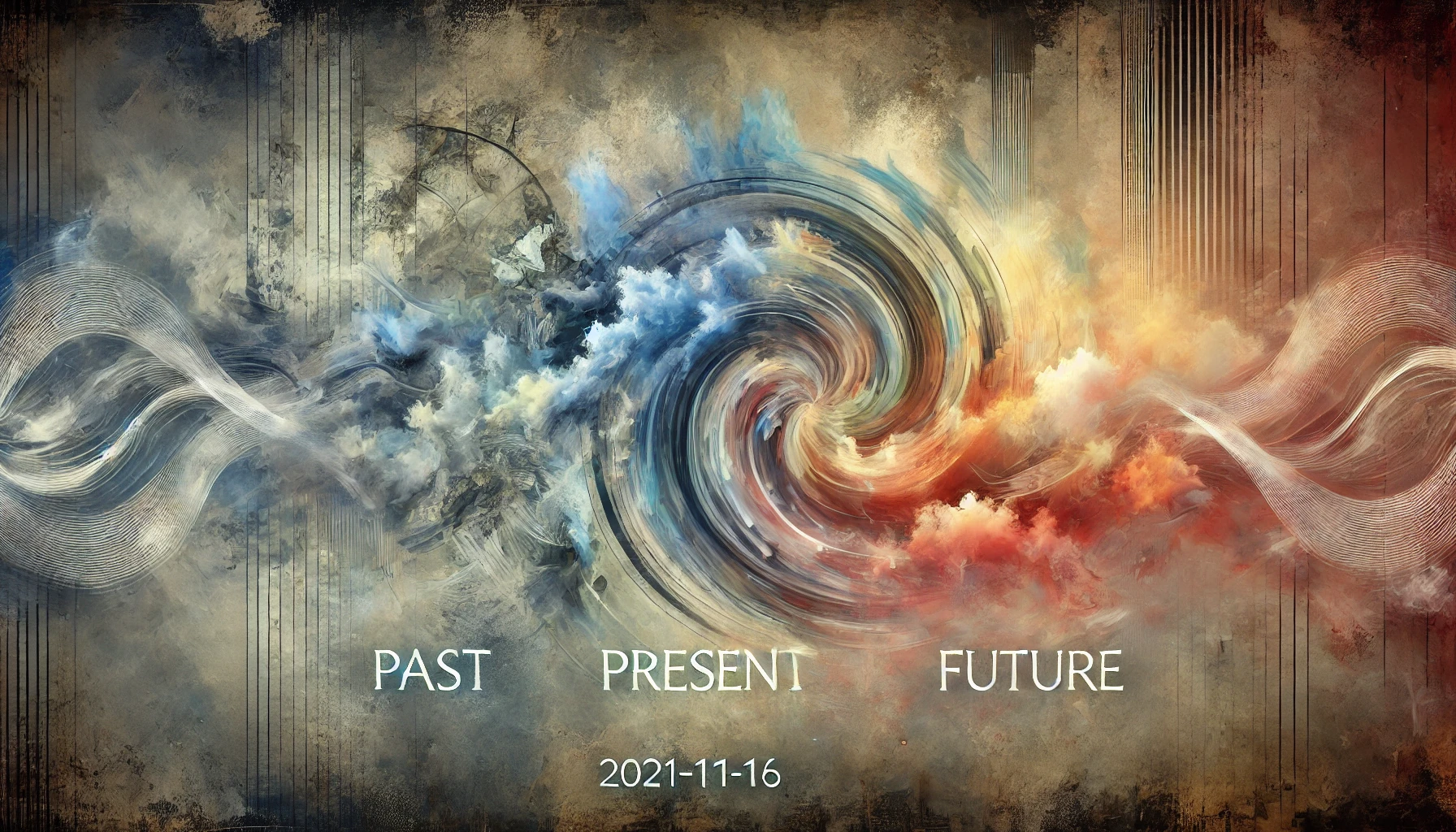
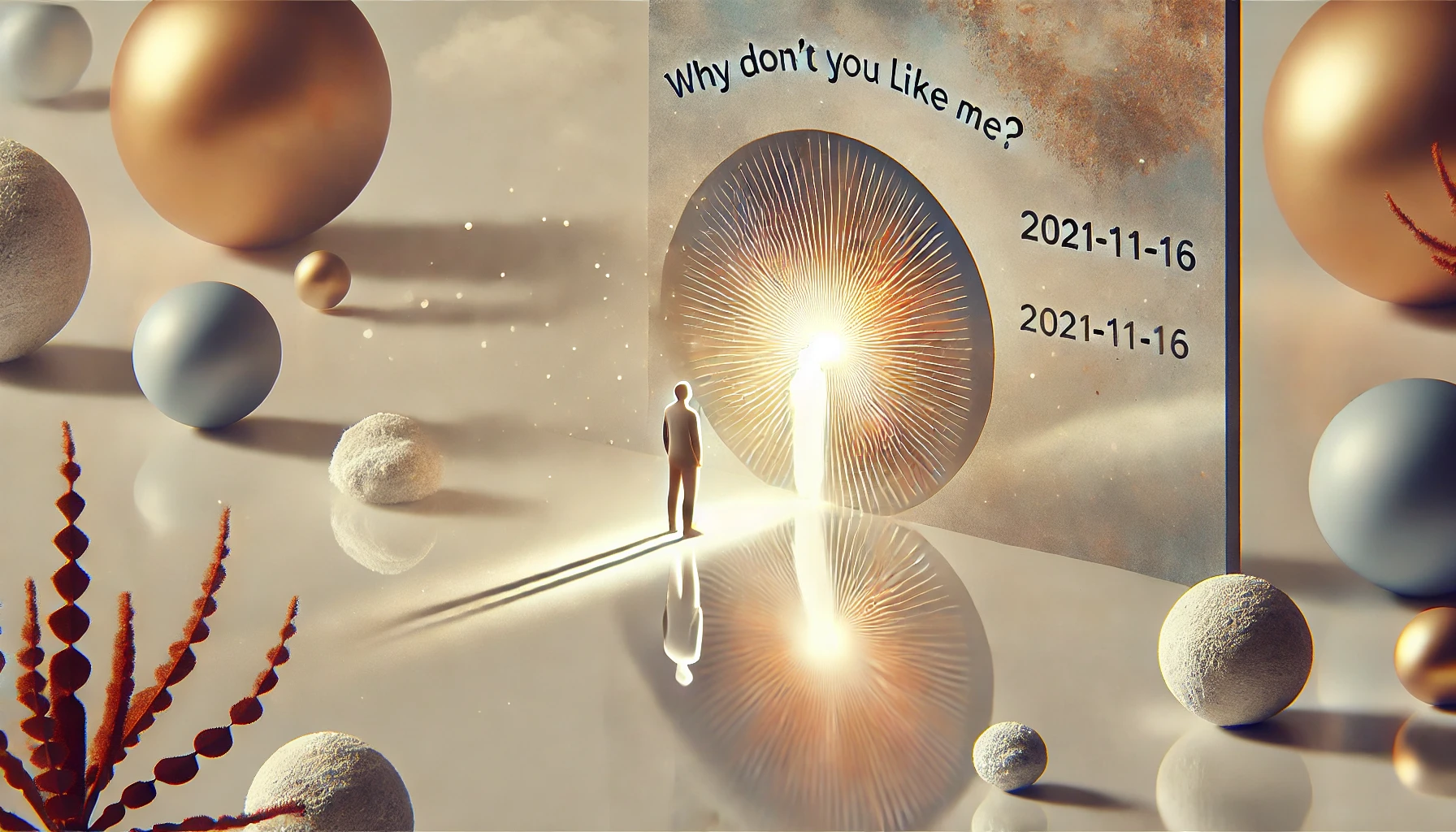
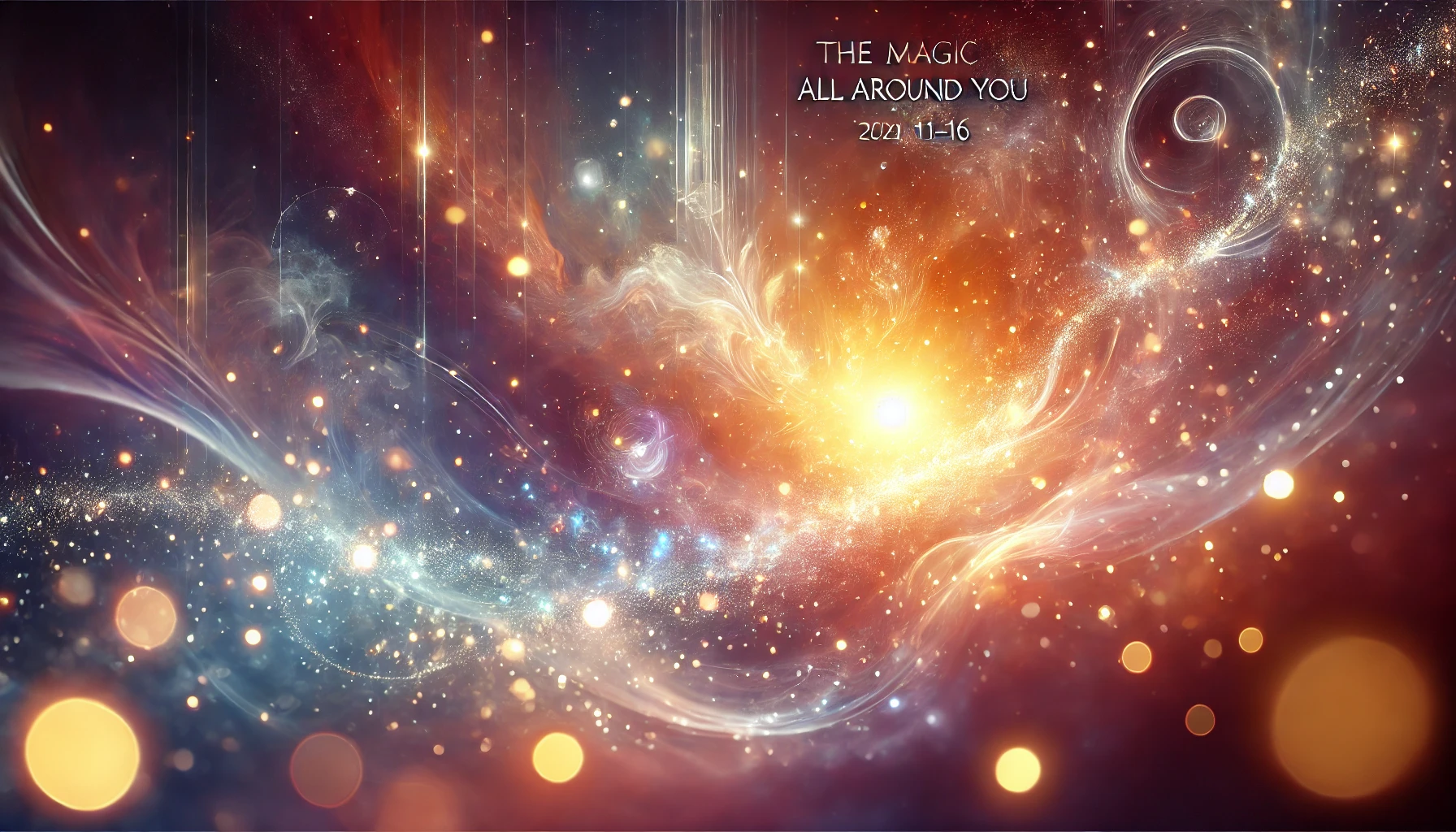
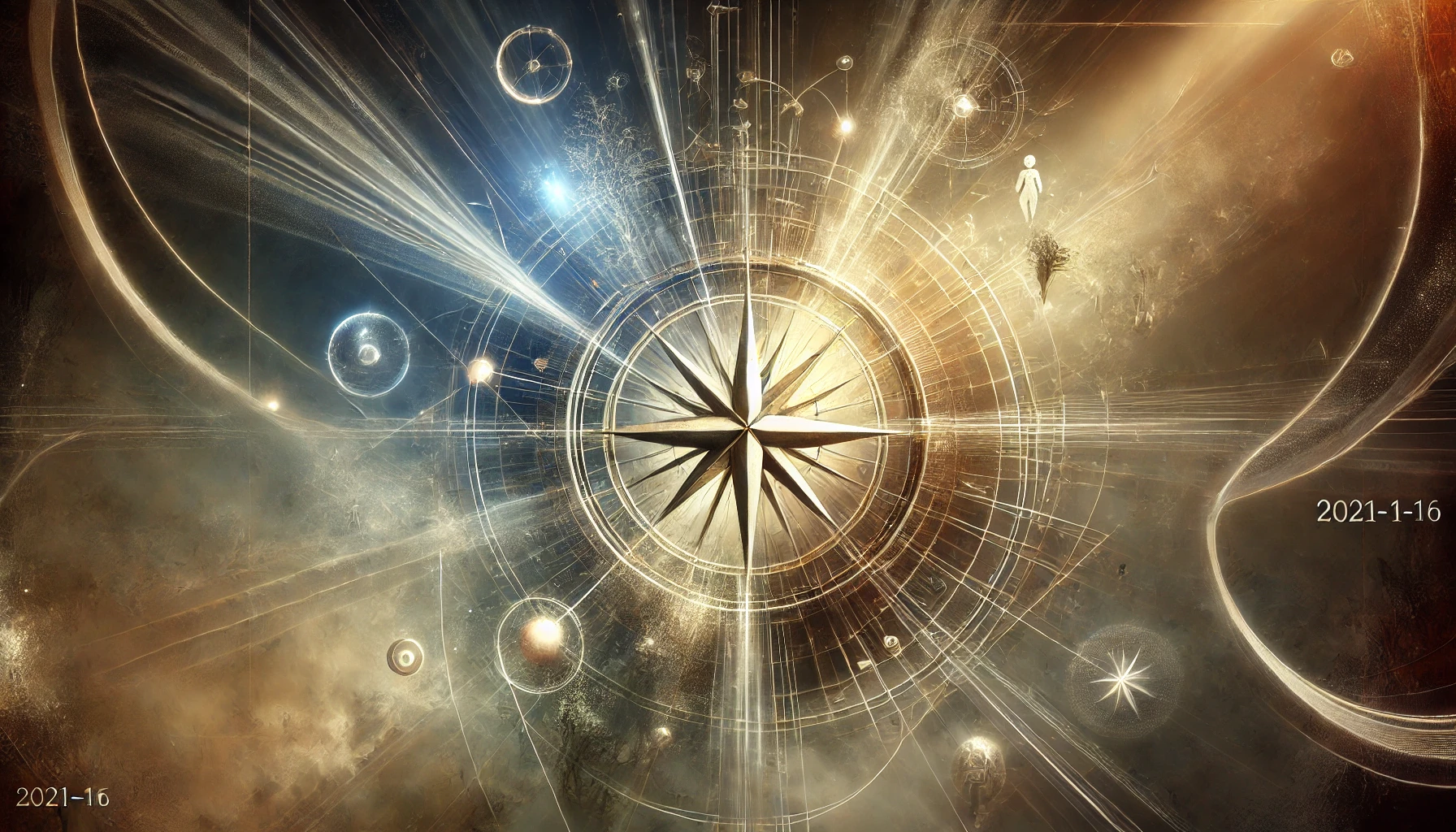
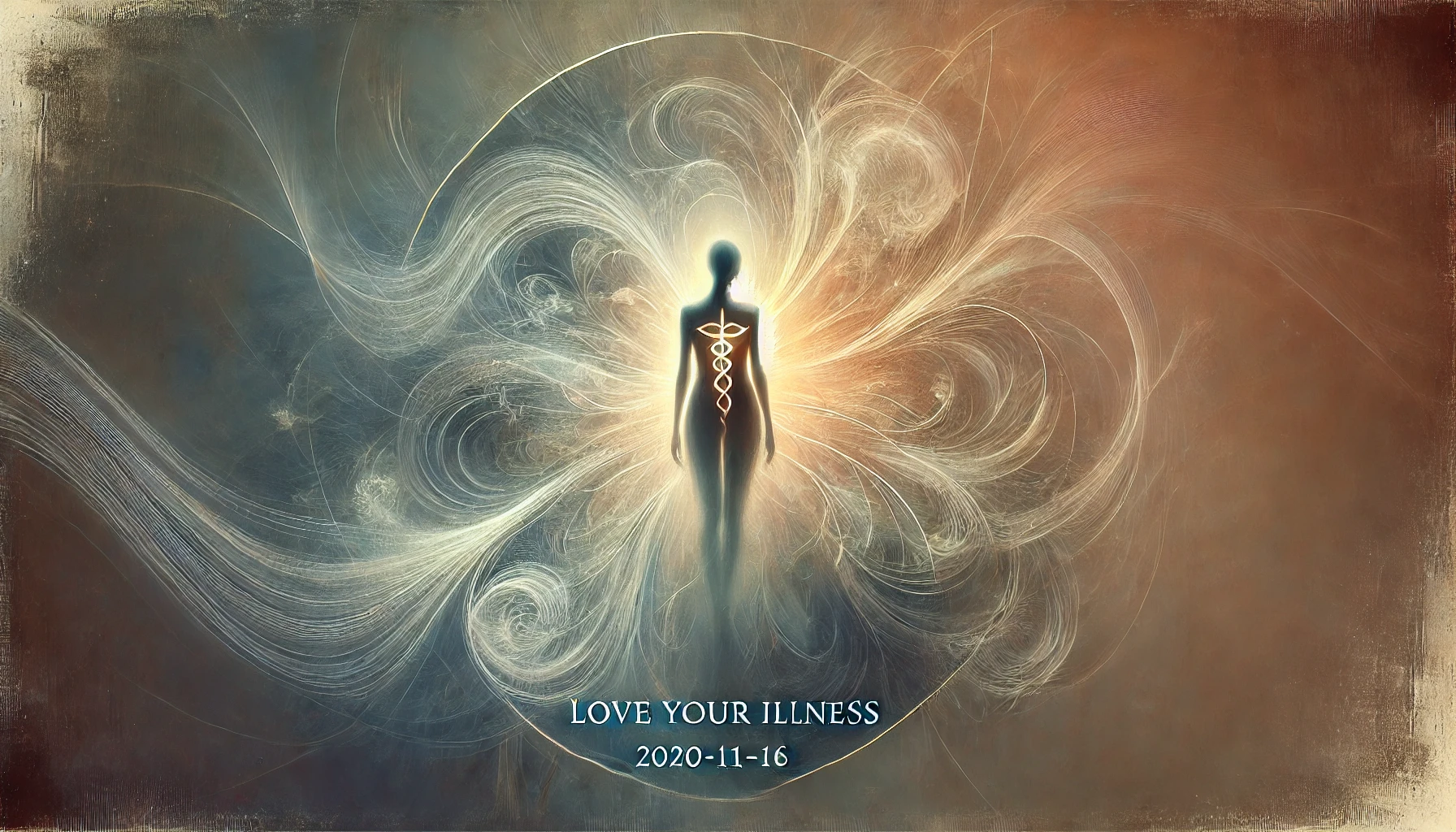
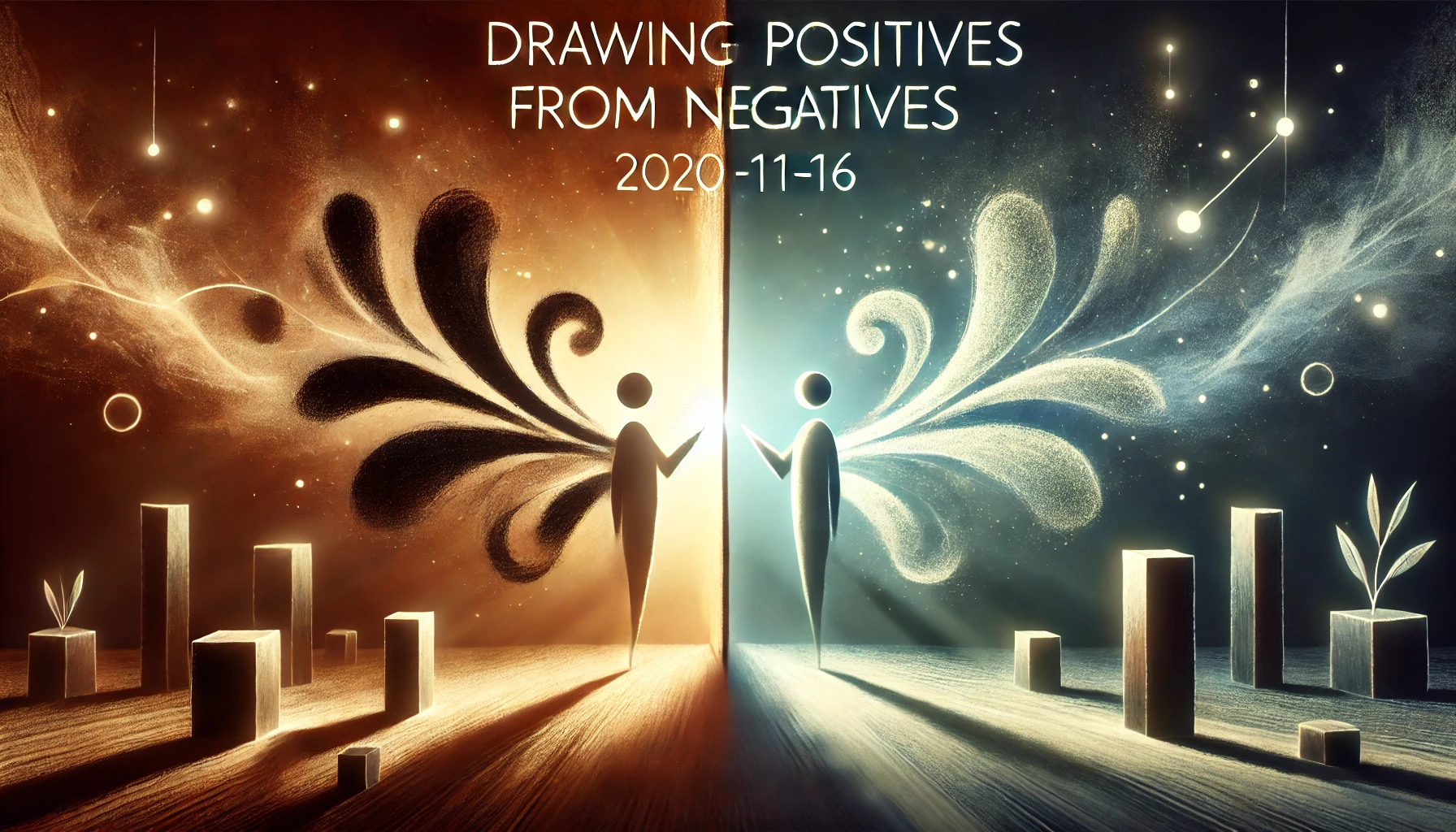
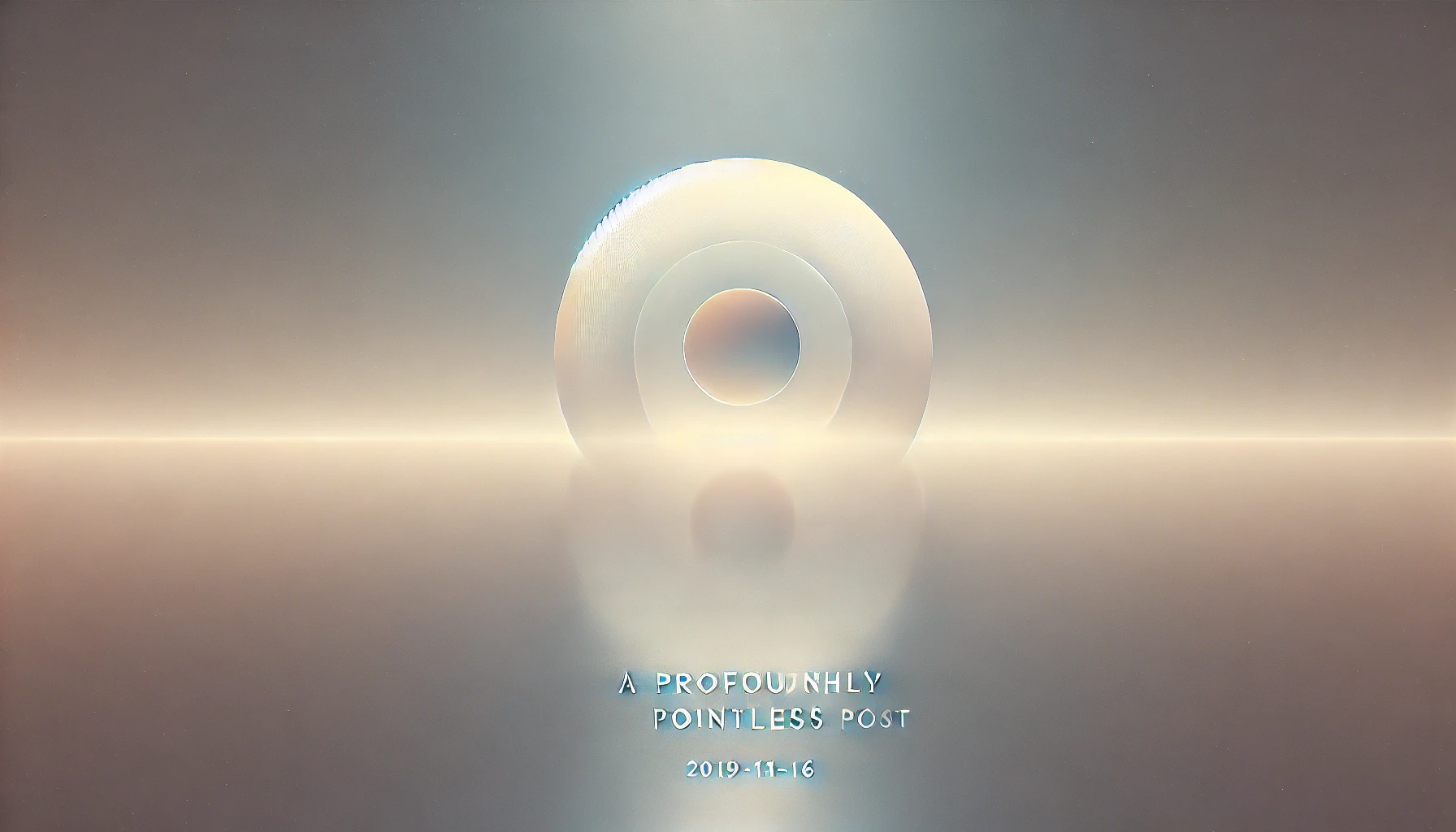
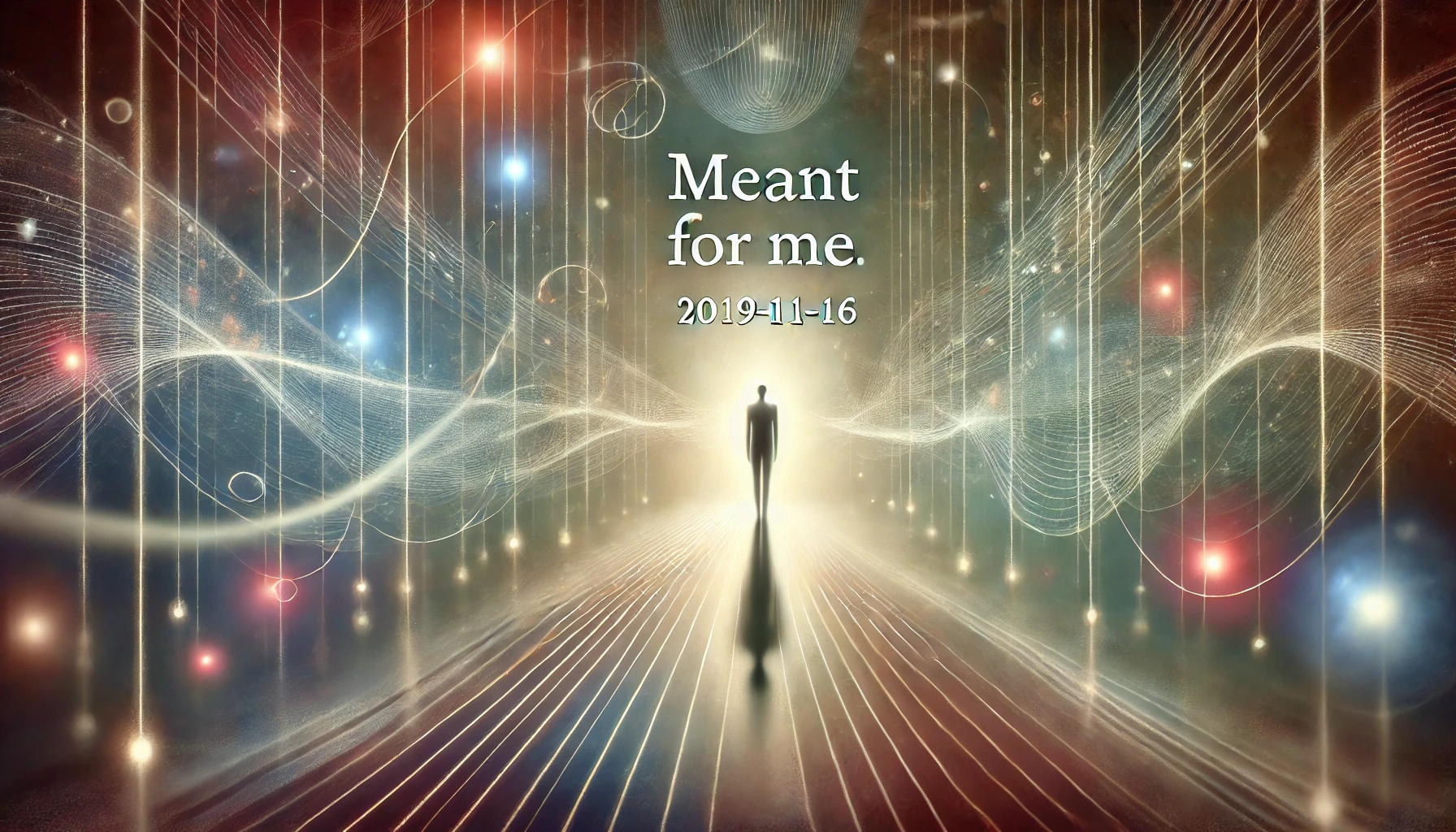
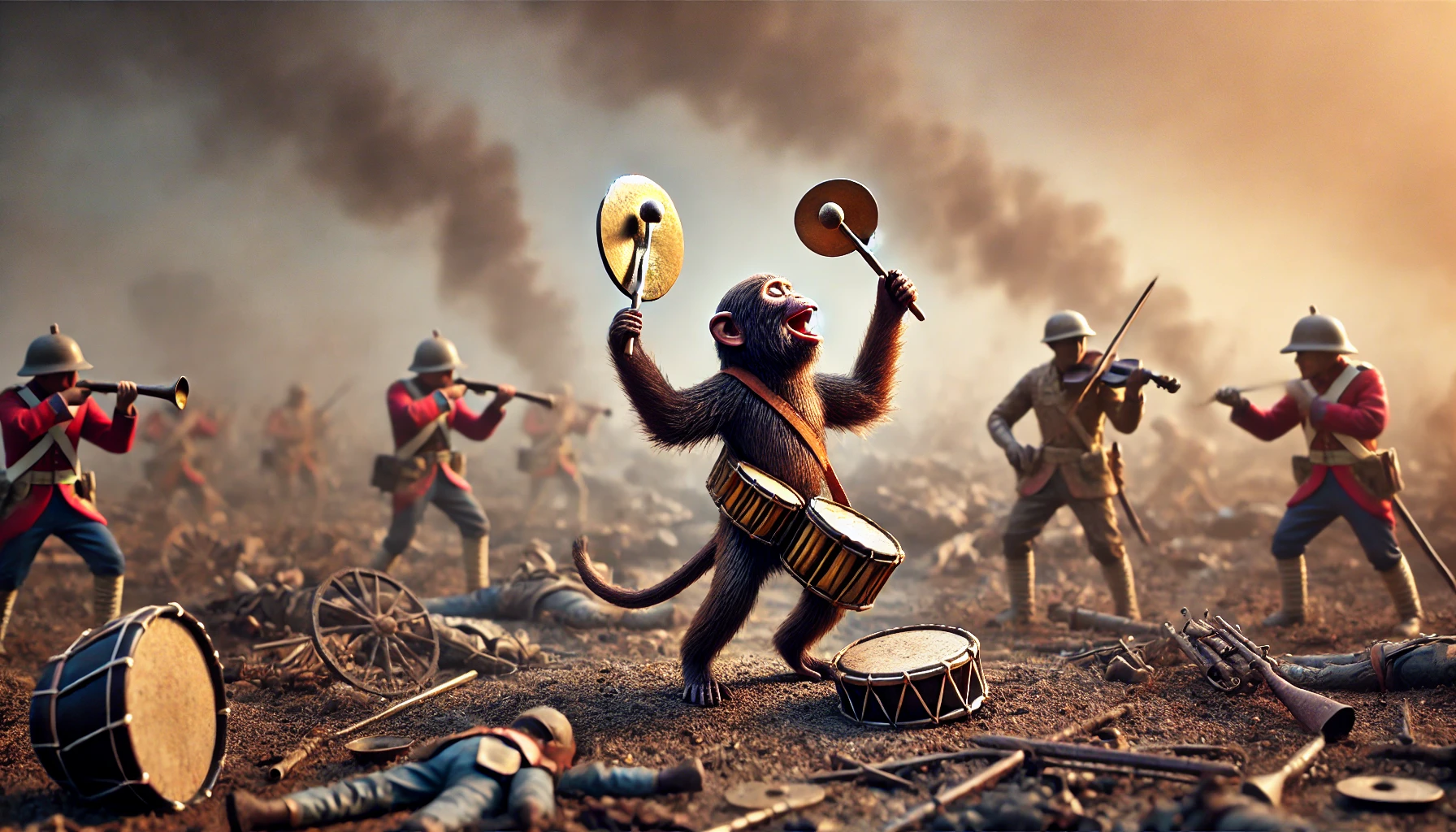
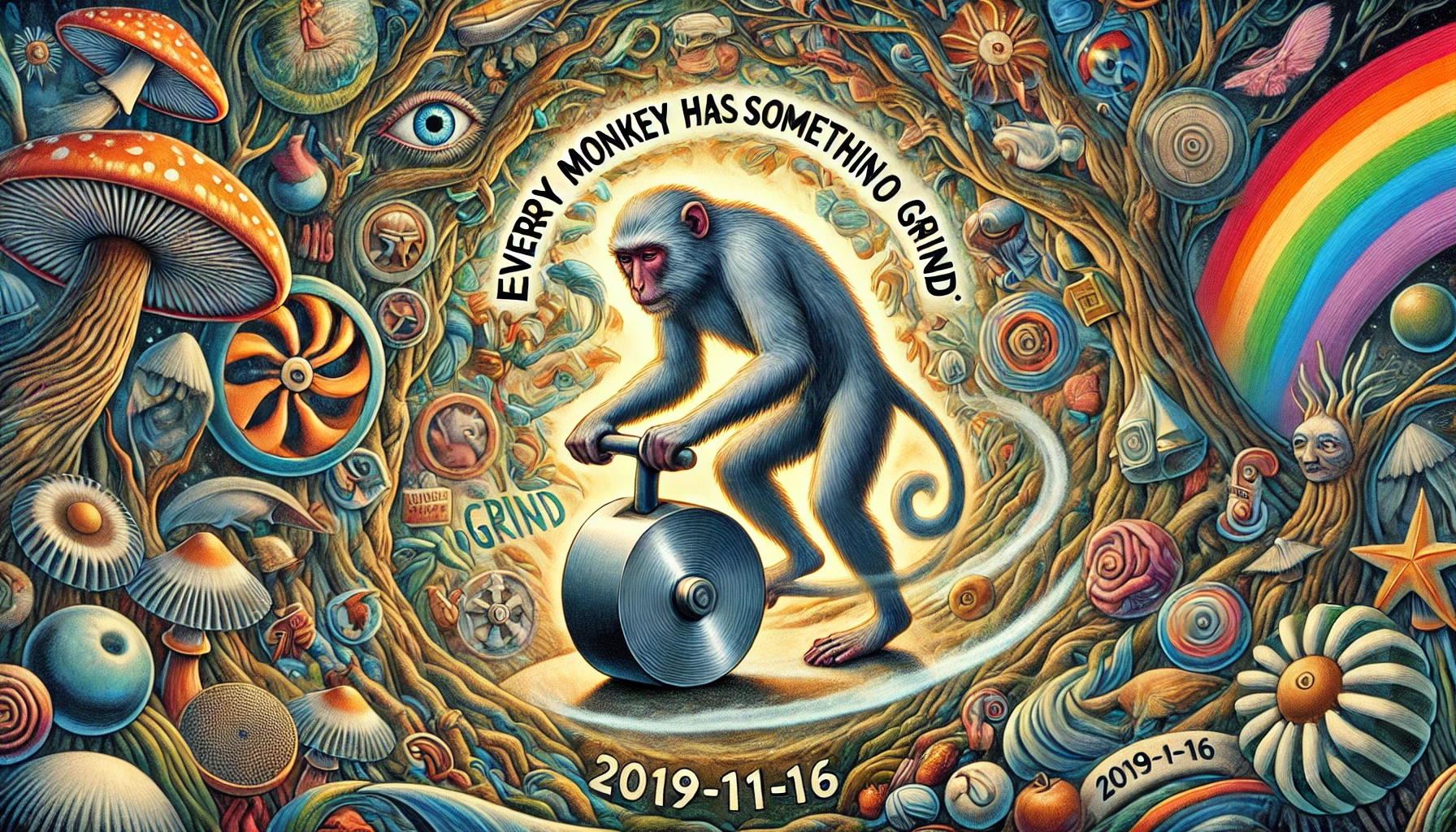
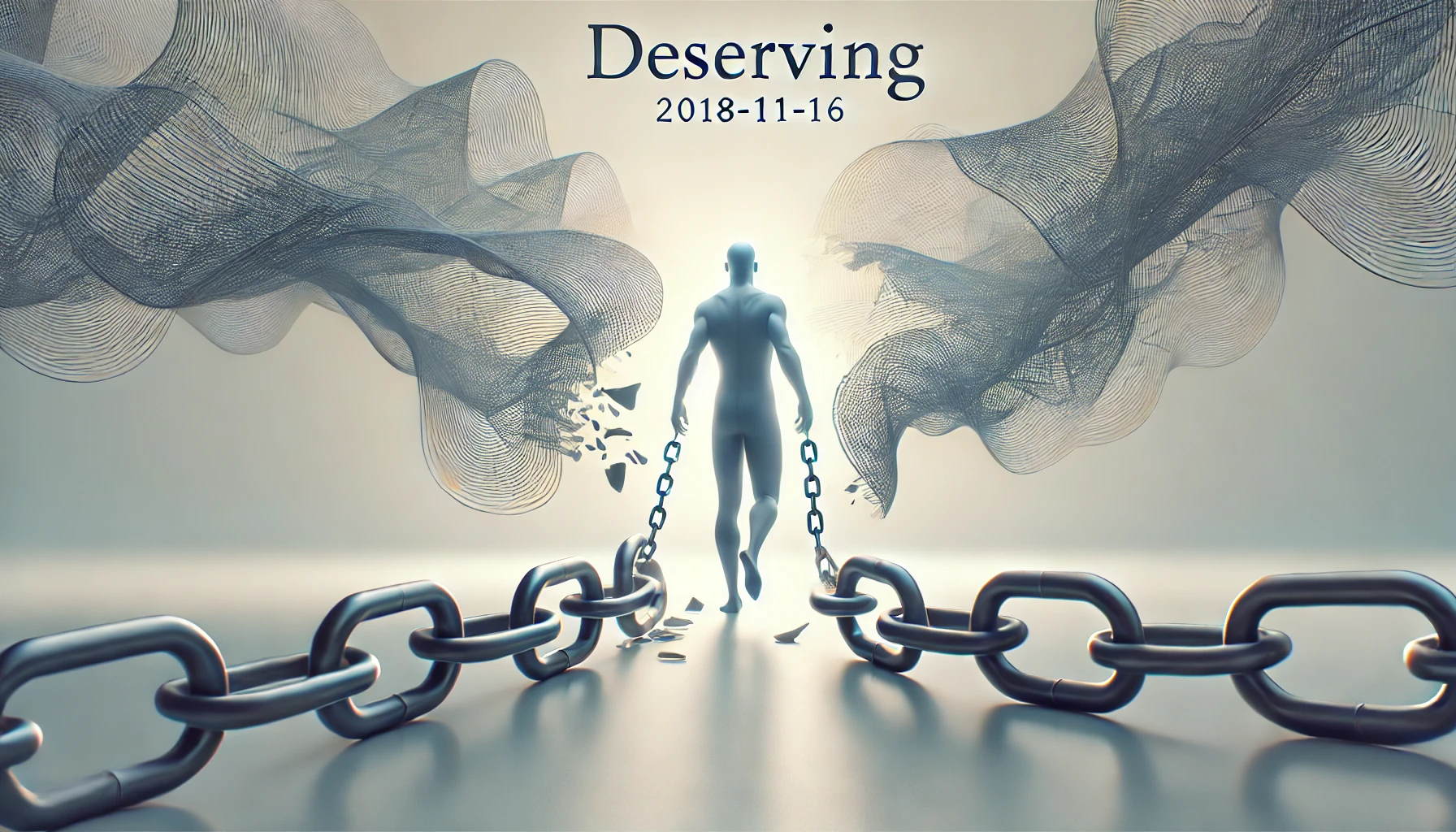
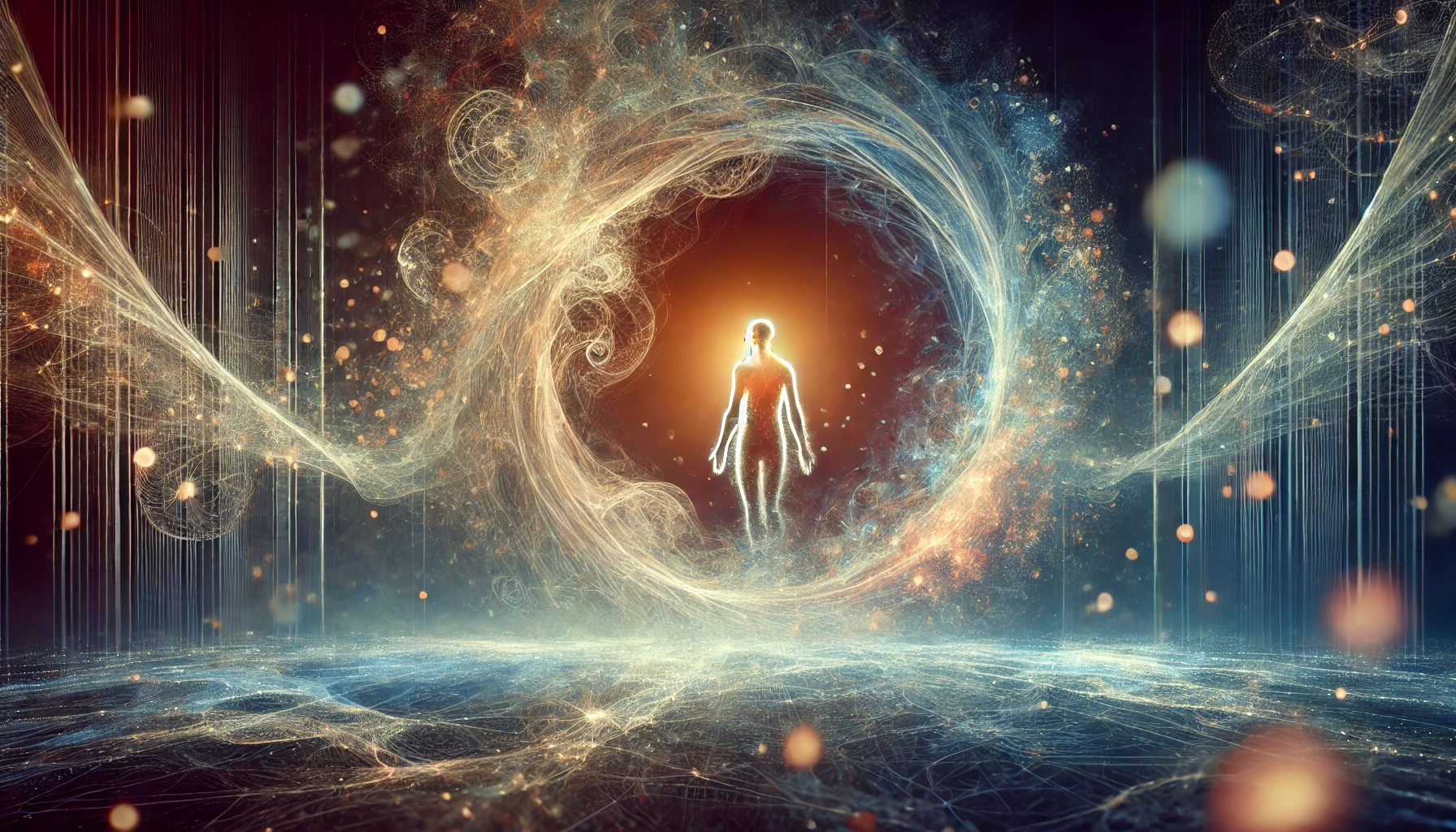
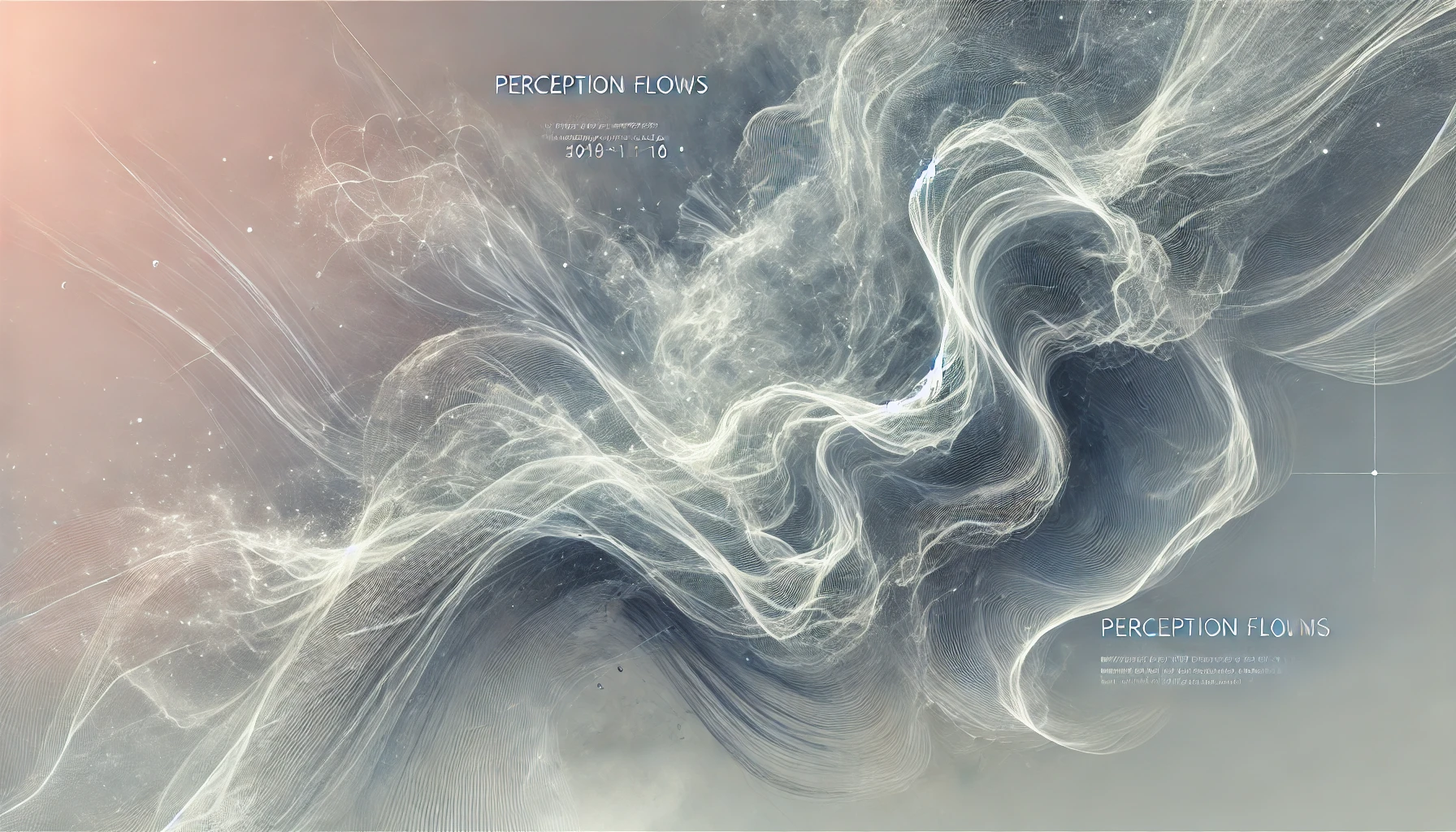
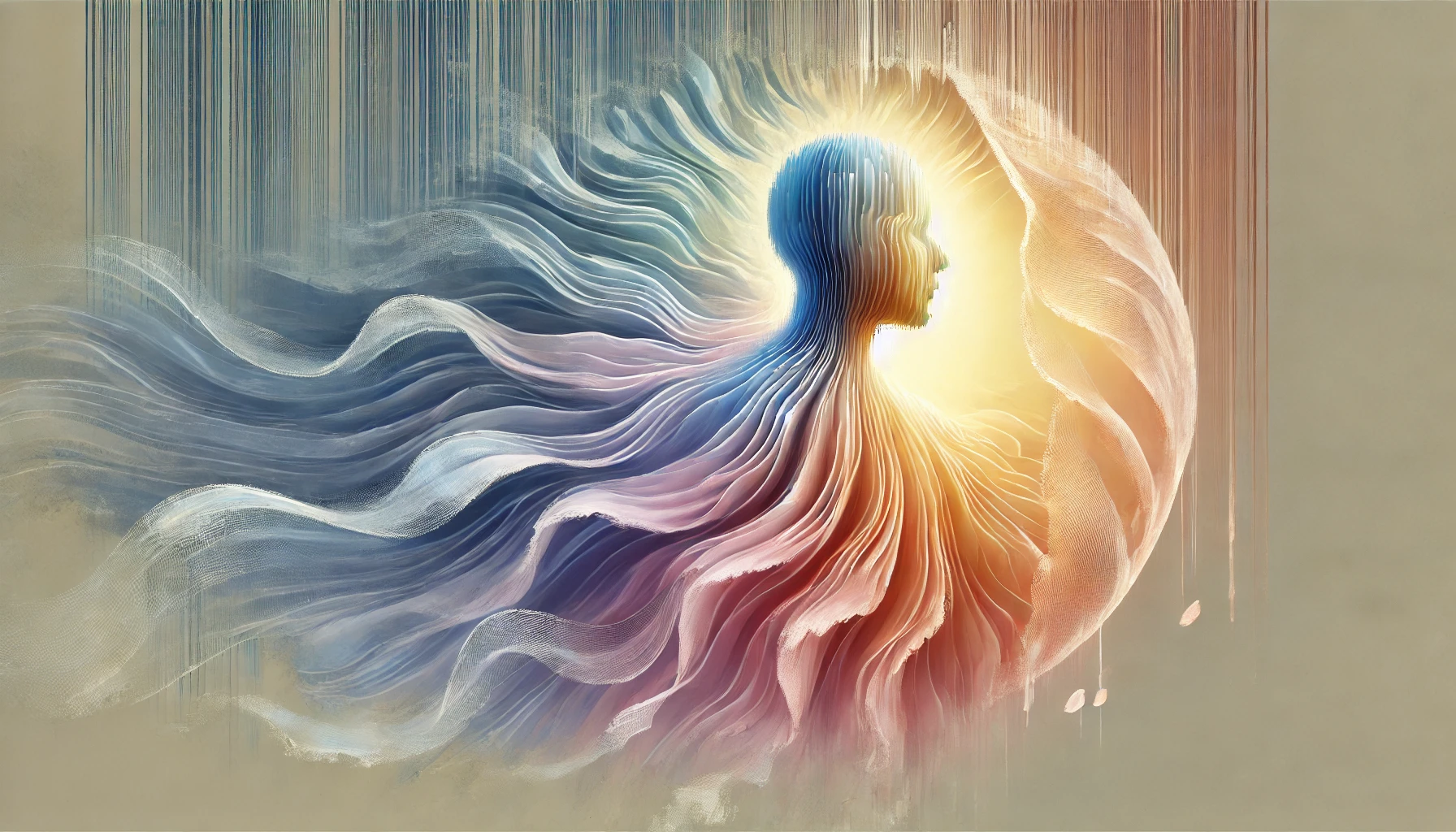
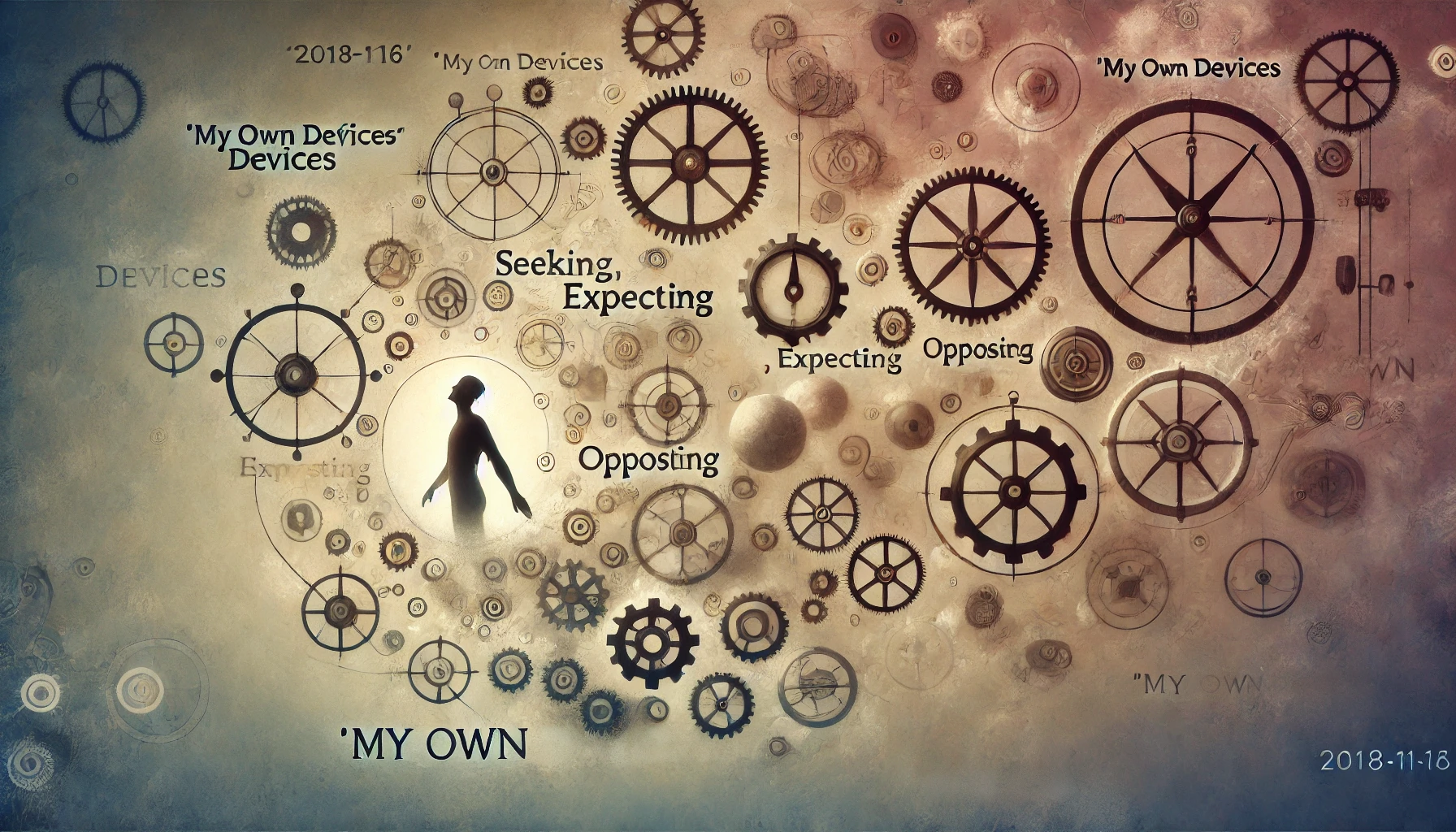
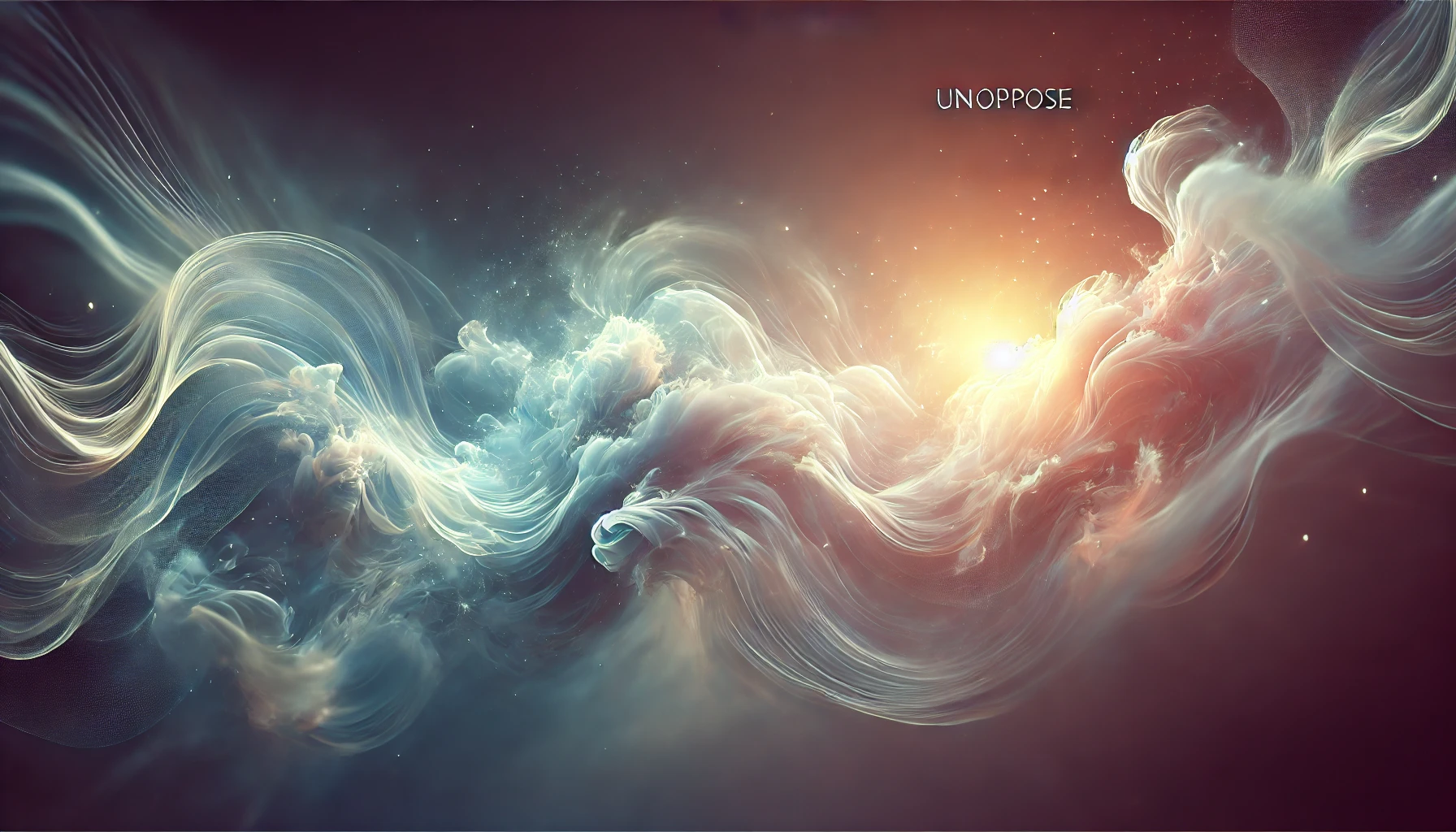
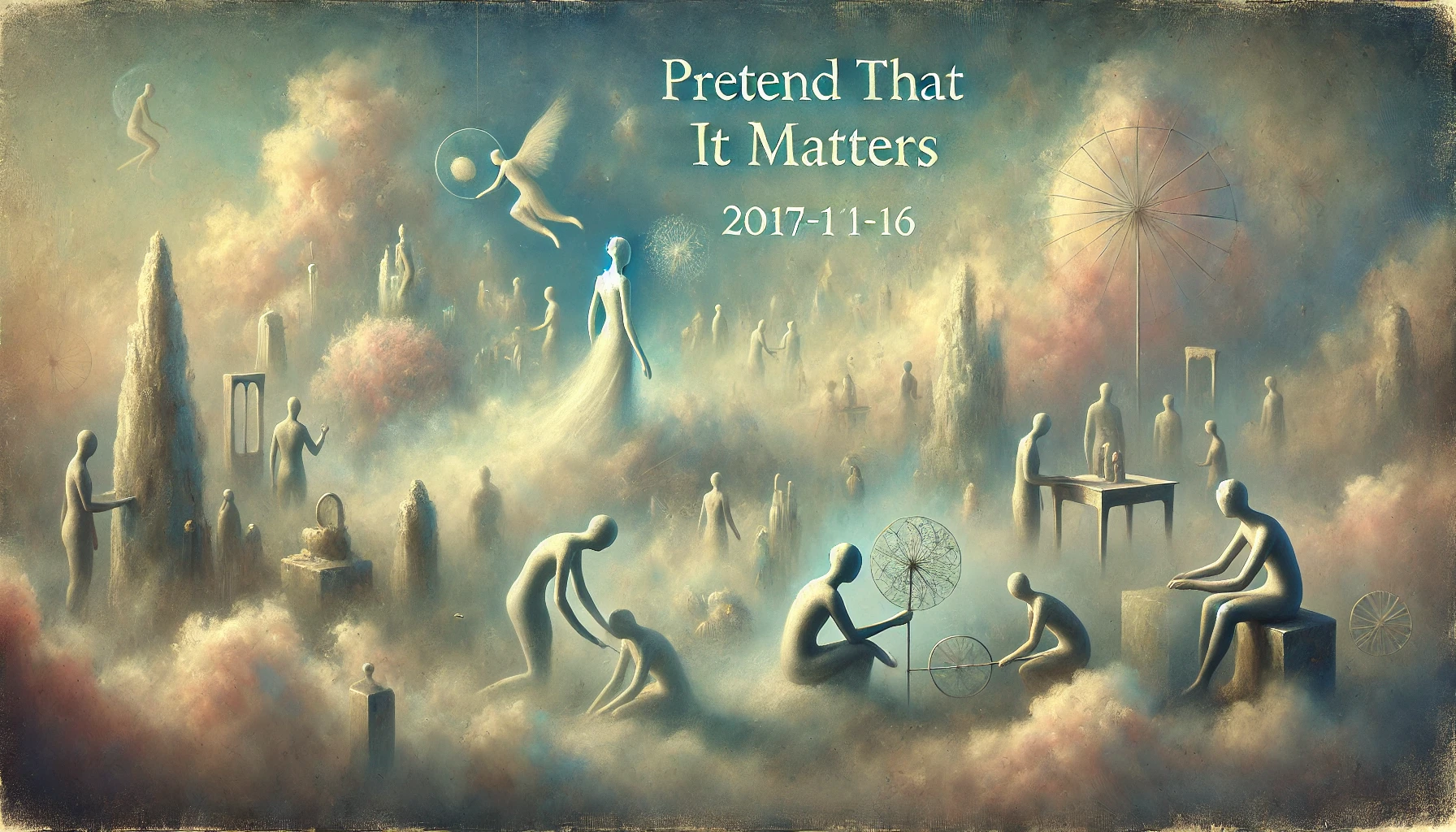
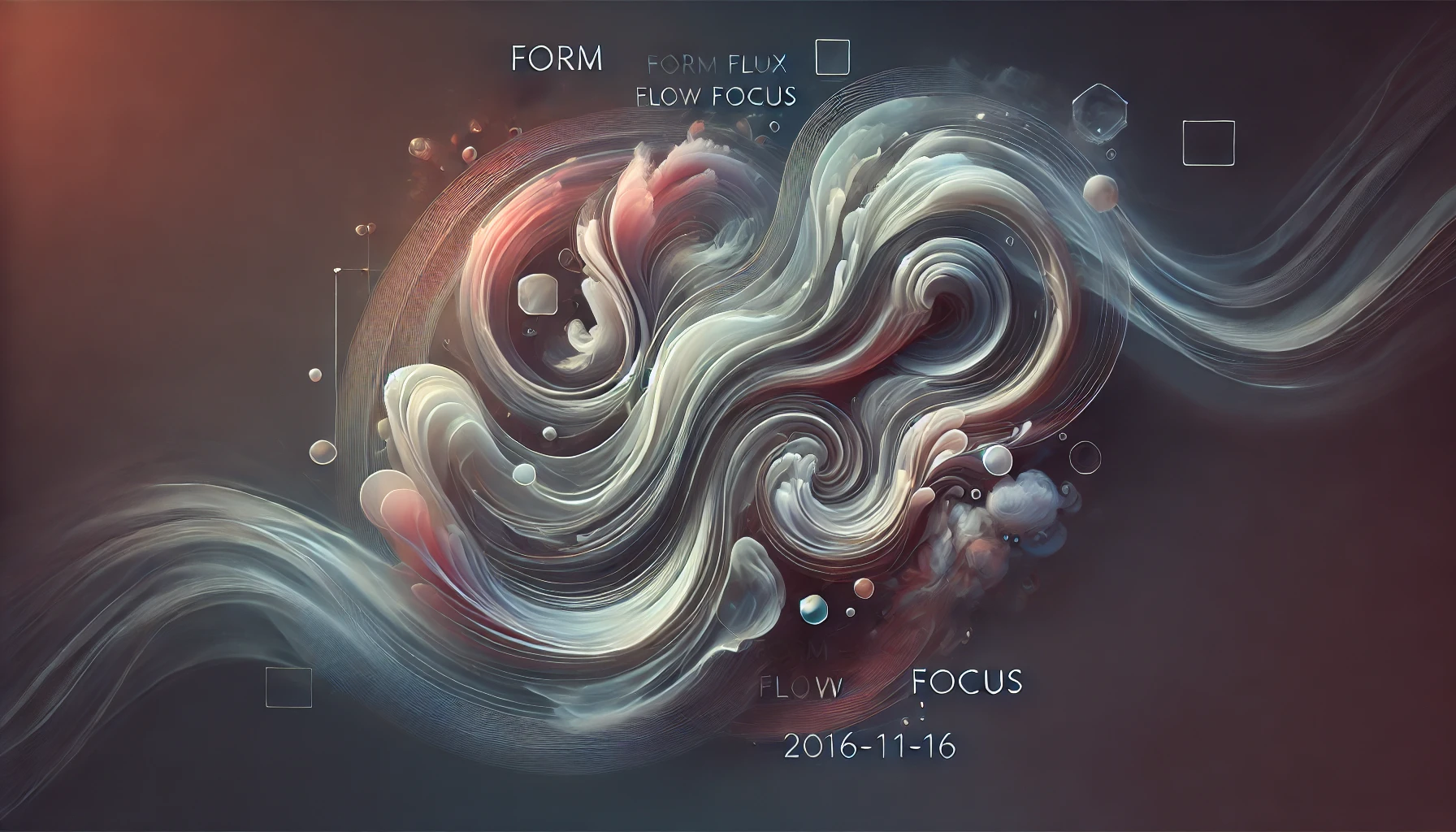
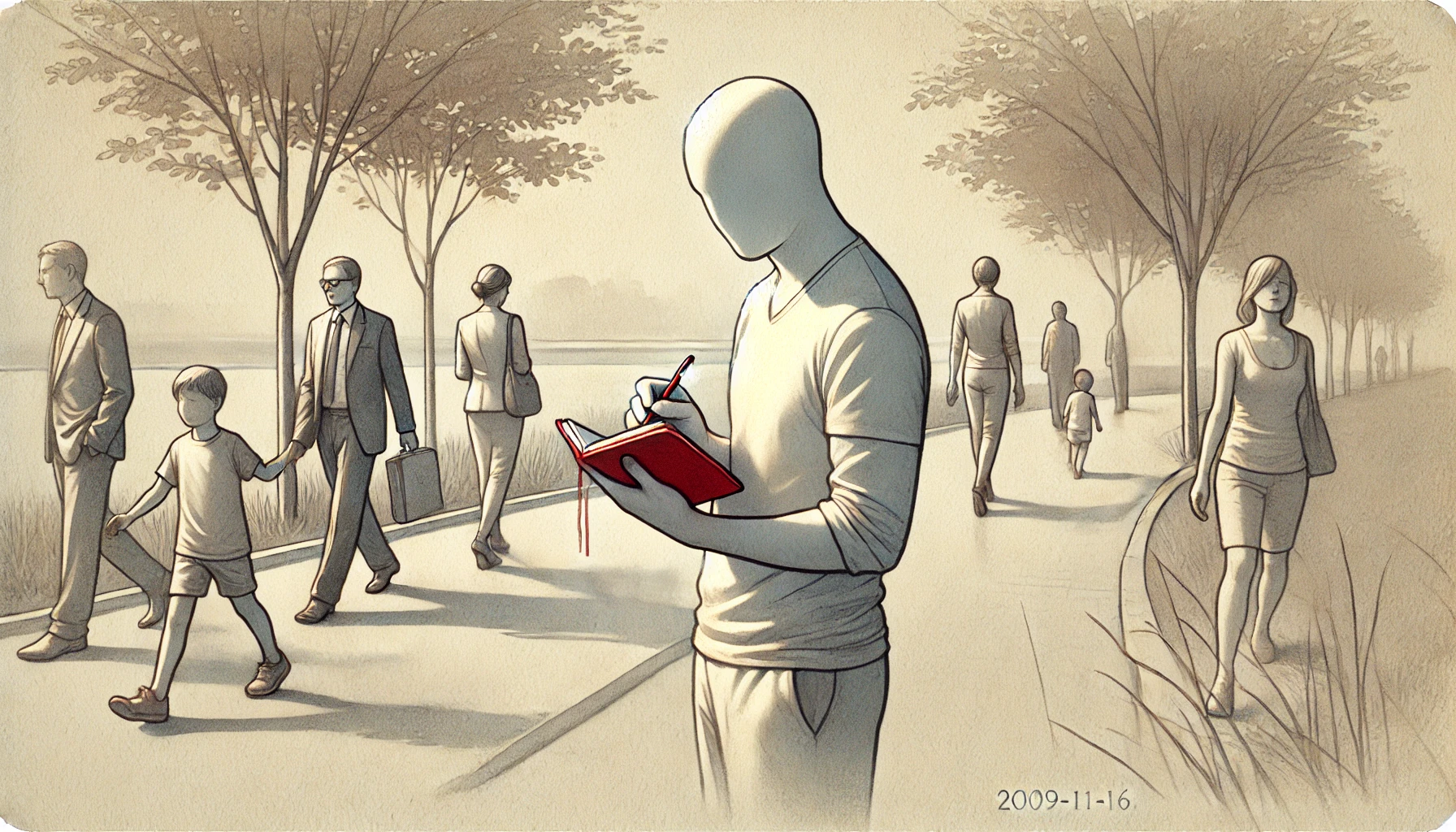
Leave a Reply